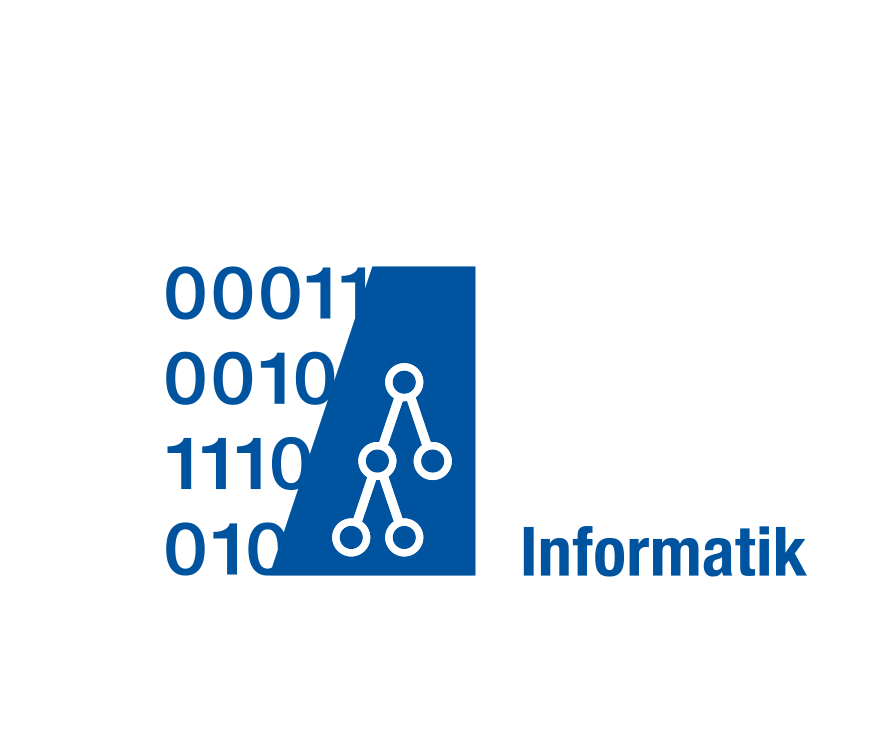Model-driven Software Engineering for Connected Vehicles
In cooperation with DSA Daten- und Systemtechnik GmbH

Room: TBA
Kick-Off Meeting: TBA
Lecturer:
Prof. Dr. Bernhard RumpeSupervising Assistants: Course Type: Practical Course
Course ID: TBA
Subject: Model-driven Software Engineering for Connected Vehicles
 The Internet of Things connects everyday objects with the Internet.
In recent years, more and more vehicles have been equipped with Internet access.
While one of the main reasons for adding Internet access is to provide software
updates over the air, this also makes these vehicles part of the Internet of
Things.
The Internet of Things connects everyday objects with the Internet.
In recent years, more and more vehicles have been equipped with Internet access.
While one of the main reasons for adding Internet access is to provide software
updates over the air, this also makes these vehicles part of the Internet of
Things.
By leveraging the sensors and actuators of the vehicles, new use-cases arise for
drivers, vehicle manufacturers, and road operators:
- Front collision warning and brake assistant
- Fleet management and stolen vehicle tracking
- Pot-hole detection (by aggregating sensors of multiple vehicles)
- Remote diagnostics
In the future, car-sharing customers will also expect to take functions (or
"apps") with them across all vehicles they use.
Systems such as Android Auto and Apple CarPlay already allow drivers to enhance
their infotainment systems with personalized apps.
However, this is currently not possible for functions that are integrated in the
vehicle's electronic control units (ECUs).
What you will learn:
In this course, you will extend a code generator that allows generating IoT applications from architecture descriptions. Furthermore, you will build a microcontroller-driven toy car with multiple sensors and actuators and connect it wirelessly to an ECU. You will deploy the code that is generated from the architecture onto the ECU and the microcontroller to sense the environment of the toy car and use its actuators to control its behavior. In a second step, the ECUs of multiple cars can be connected to enable car-2-car communication.
Registration and briefing:
Please describe your experience (programming skills, attended lectures, lab courses, seminars).
Preconditions:
Mandatory:
- Java
- Git
- C++
- Lecture Applied Software Engineering within the life cycle of Automotive Electronics
- Lecture Software Language Engineering
Please inform yourself about the learning objectives in the "Modulhandbuch" (M.Sc.).


